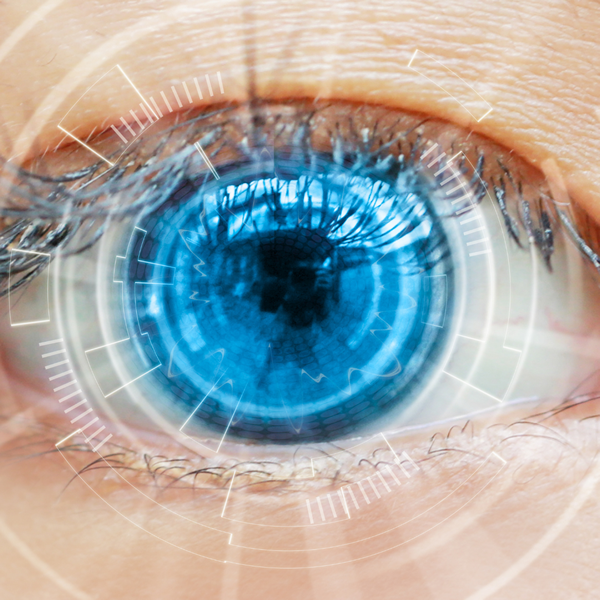
Did you know that maintaining a healthy lifestyle can significantly impact your eye health and vision? When we think of keeping ourselves healthy, we tend to think of diet and exercise, blood pressure, strength and weight. But there are several factors that can also improve eye health and therefore help you avoid eye disease as you age.
When you keep these goals in mind, commit to a healthy lifestyle and avoid some basic pitfalls, you are actively caring for your vision each and every day. Here are some reminders for making healthy choices for your eyes.
Do Not Smoke
As with most physical conditions, vision and eye health decline has a direct link to smoking tobacco. Eye issues such as age-related macular degeneration (AMD), cataracts, glaucoma and diabetic retinopathy are conditions that are increased and made worse in people who smoke. In fact, those who smoke are two to three times more likely to develop AMD and two to three times more likely to develop cataracts. Smokers also experience twice as much dry eye syndrome.
Be Aware of Too Much Screen Time
So much of our days are spent in front of a computer or device these days. This can cause eye fatigue and dryness. If your job requires a lot of screen time, it is important to take breaks every two hours for five to ten minutes to give them recovery time. You can also make sure you are blinking enough to hydrate your eyes and staring for hours can cause dryness.
Nutrition Impacts Eye Health and Vision
In our article dated April 25, 2022, Did You Know Nutrition Matters for Vision?We discussed the nutrients and foods that are beneficial for keeping your eyes healthy and your vision strong. Foods high in vitamins A, E and C are good for your eyes as well as foods containing Lutein, Zeaxanthin, Omega 3s. For more specifics about what foods are high in these nutrients, please click the link above.
Healthy Weight Means Healthy Eyes
When you are carrying extra weight, especially if you are clinically obese, you are at higher risk for developing diabetes and other systemic conditions. Diabetes carries with it an increased risk of vision loss due to diabetic retinopathy, cataracts or glaucoma. It is also important, regardless of weight, to keep on top of your glucose, blood pressure and cholesterol levels as these are also risk factors for diabetes and other conditions that can impact your vision.
Physical Activity
It might not seem like exercise and eye health are connected, but several studies over the last 10 years show there is definite improvement to eye health with regular exercise. Researchers have found connections between regular exercise and reducing risks for several eye ailments such as cataracts, wet age-related macular degeneration and glaucoma.
Also, did you know cardiovascular workouts like aerobics, running and swimming will lower intraocular pressure (pressure in your eyes), which helps keep the retinal ganglion cells protected? Cardio exercise also increases blood flow to the optic nerve and the retina. So, get that workout in several times per week to improve overall eye health and vision. It’s good for us all, but it’s especially beneficial to people with glaucoma.
Sleep Enough
Are you getting enough sleep? The National Sleep Foundation recommends getting between seven and nine hours of sleep every night. Sleep is important for a variety of health conditions, but it also helps your eyes. During sleep, our eyes experience continuous lubrication. This rids the eyes of dust, allergens or smoke that accumulates during the day.
Overall health and wellness are important for all of us. And keeping your eye health in mind, especially if you are already experiencing vision loss or eye disease is particularly critical. If you are experiencing eye problems or have questions about how best to protect your vision, Dr. Salisbury can help. Schedule a consultation today to learn what you can do to keep your health on track.


